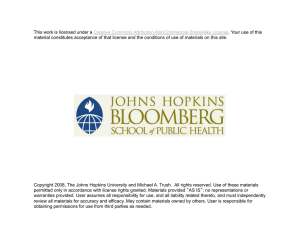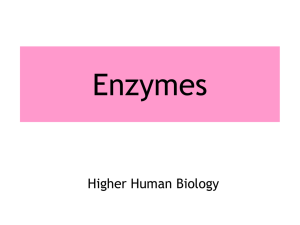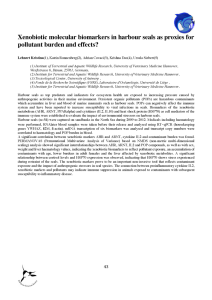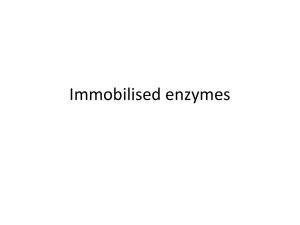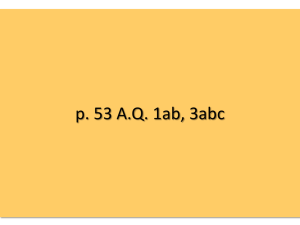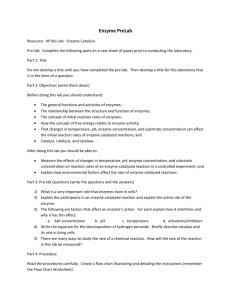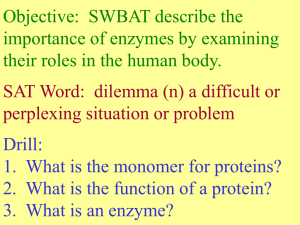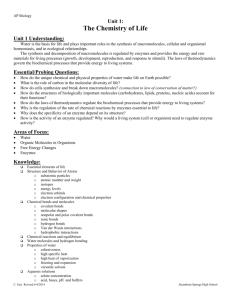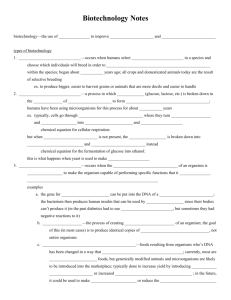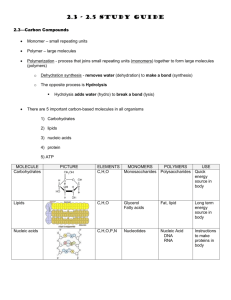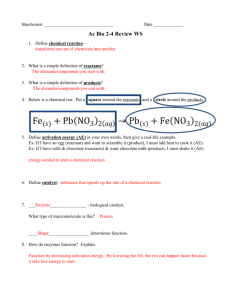Genetic susceptibility of Xenobiotic Drug metabolizing enzyme gene
advertisement
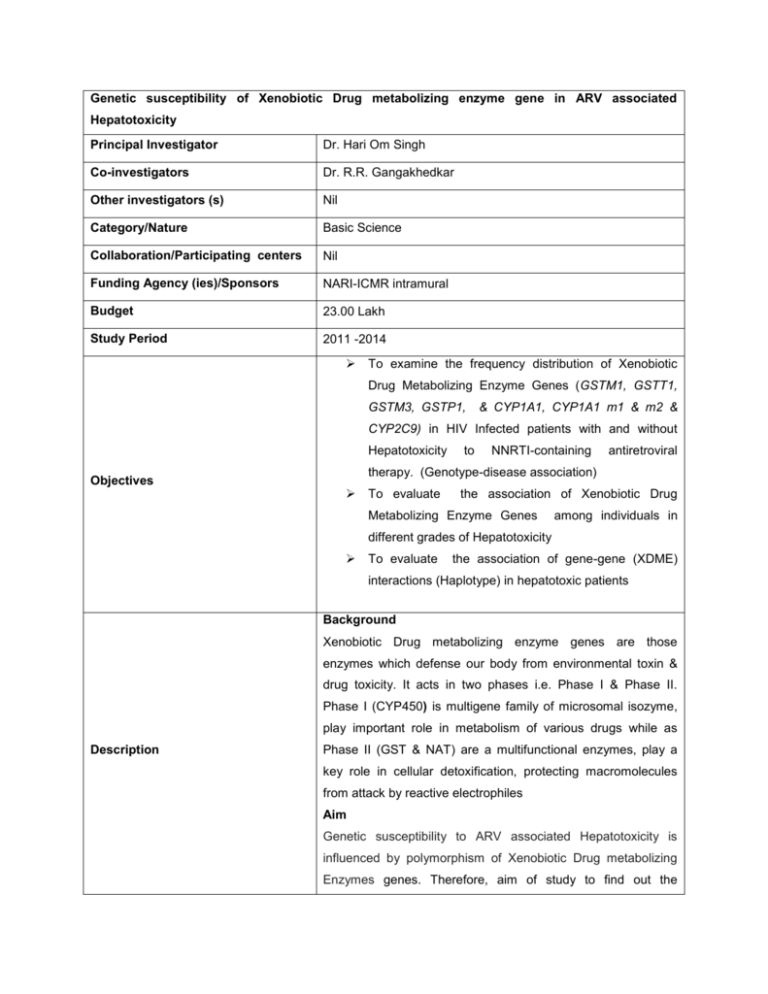
Genetic susceptibility of Xenobiotic Drug metabolizing enzyme gene in ARV associated Hepatotoxicity Principal Investigator Dr. Hari Om Singh Co-investigators Dr. R.R. Gangakhedkar Other investigators (s) Nil Category/Nature Basic Science Collaboration/Participating centers Nil Funding Agency (ies)/Sponsors NARI-ICMR intramural Budget 23.00 Lakh Study Period 2011 -2014 To examine the frequency distribution of Xenobiotic Drug Metabolizing Enzyme Genes (GSTM1, GSTT1, GSTM3, GSTP1, & CYP1A1, CYP1A1 m1 & m2 & CYP2C9) in HIV Infected patients with and without Hepatotoxicity Objectives to NNRTI-containing antiretroviral therapy. (Genotype-disease association) To evaluate the association of Xenobiotic Drug Metabolizing Enzyme Genes among individuals in different grades of Hepatotoxicity To evaluate the association of gene-gene (XDME) interactions (Haplotype) in hepatotoxic patients Background Xenobiotic Drug metabolizing enzyme genes are those enzymes which defense our body from environmental toxin & drug toxicity. It acts in two phases i.e. Phase I & Phase II. Phase I (CYP450) is multigene family of microsomal isozyme, play important role in metabolism of various drugs while as Description Phase II (GST & NAT) are a multifunctional enzymes, play a key role in cellular detoxification, protecting macromolecules from attack by reactive electrophiles Aim Genetic susceptibility to ARV associated Hepatotoxicity is influenced by polymorphism of Xenobiotic Drug metabolizing Enzymes genes. Therefore, aim of study to find out the polymorphism of Xenobiotic Drug metabolizing Enzymes gene associated with ARV associated Hepatotoxicity. Novelty of Work Finding of study may influence choice of antiretroviral regimens (NNRTI); which may be helpful in preventing chronic liver damage due to drug toxicity Current Status Recruitment of patients and genotyping of polymorphism of gene is going on. Publications Nil Presentations Nil
